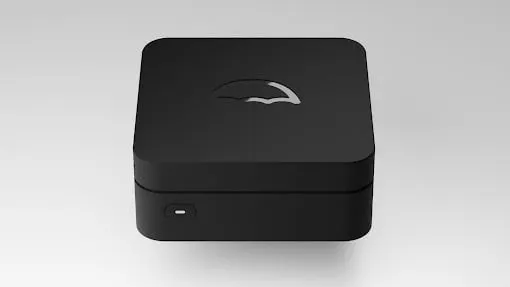Bitcoin node provider Umbrel debuted its Umbrel Home, hardware that bundles together a Bitcoin node and tools for a home server, to give users more control of their finances and data.
Umbrel, which previously focused on providing users with the umbrelOS software for self-hosting data, is now breaking into hardware. Usually users need to set up a dedicated computer or Raspberry Pi to use for a Bitcoin node or home server. Then they need to do all the prep work of downloading all the required infrastructure, such as umbrelOS. With the Umbrel Home, the idea is to eradicate much of this prep work, making it easier for users to own their own data if they desire.
The Umbrel Home is available for pre-order with a price tag of $699, with plans to ship them this June.
Usually big tech companies like Google store data for users on their own servers. Umbrel wants to allow its users to have more control over their own data and finances by providing a plug and play node that users can run in their own home, rather than trust cloud entities like Google.
“Today, we've traded our privacy for the convenience of cloud-based services, storing our entire digital lives on corporate servers. Our data and personal information are then used to spy on us and exploited for profit,” Umbrel co-founder and CEO and Mayank Chhabra told Decrypt.
Users can download Nextcloud, a self-hosted version of cloud providers such as Google Cloud, to store data locally, rather than give it to a third party.
“By running a home server and owning our data, we regain control over who has access to it and for what purpose, ultimately preserving our privacy, while breaking free from recurring cloud subscriptions,” Chhabra continued.
For the higher price tag, Umbrel Home also aims to provide better performance than the Raspberry Pis that most Bitcoiners use for their Bitcoin nodes. Specifications include 2.9GHz Quad-Core Intel CPU, 2TB NVMe SSD, 16GB dual-channel RAM, Gigabit Ethernet, 3 USB 3.0 ports, and an active cooling system.

